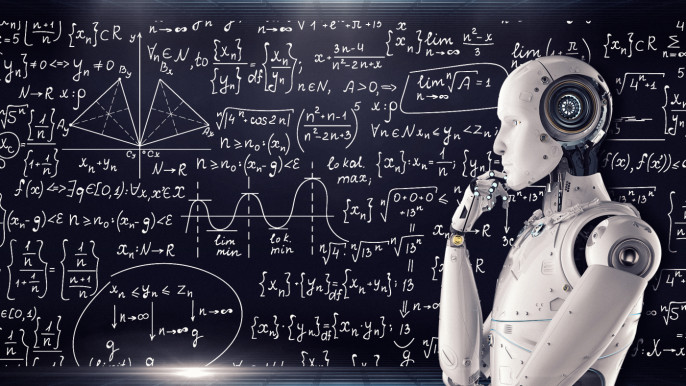Artificial intelligence (AI) could affect nearly 40 per cent of all jobs, according to the latest analysis by the International Monetary Fund (IMF).
The IMF notes that developed countries are more likely to be affected by AI than developing and low-income ones. However, AI is likely to complement human labour rather than completely replace certain jobs.
IMF Managing Director Kristalina Georgieva warns that “in most scenarios, AI will likely worsen overall inequality,” and policymakers should address this “troubling trend” to avoid increasing social tensions.
In advanced economies, AI could affect about 60 per cent of jobs, and in half of those cases, workers could increase their productivity through AI integration, the IMF report wrote.
However, AI could also replace essential human tasks, potentially reducing demand for labour. This in turn could affect wages and even remove certain jobs.
Georgieva notes that many low-income nations lack the infrastructure or skilled labour to take advantage of AI, increasing the risk of growing inequality between countries. Moreover, higher-income and younger workers may experience disproportionate wage increases after the introduction of AI, while low-income and older workers may lag behind.
The director recommends countries to establish “comprehensive social safety nets” and provide re-skilling programmes for vulnerable workers.
Last month, European Union officials agreed a tentative deal on the world’s first comprehensive laws governing the use of AI, amid growing debate on the global impact of artificial intelligence.
The European Parliament is set to vote on the AI Act proposals early this year. However, no law will come into force until at least 2025.
